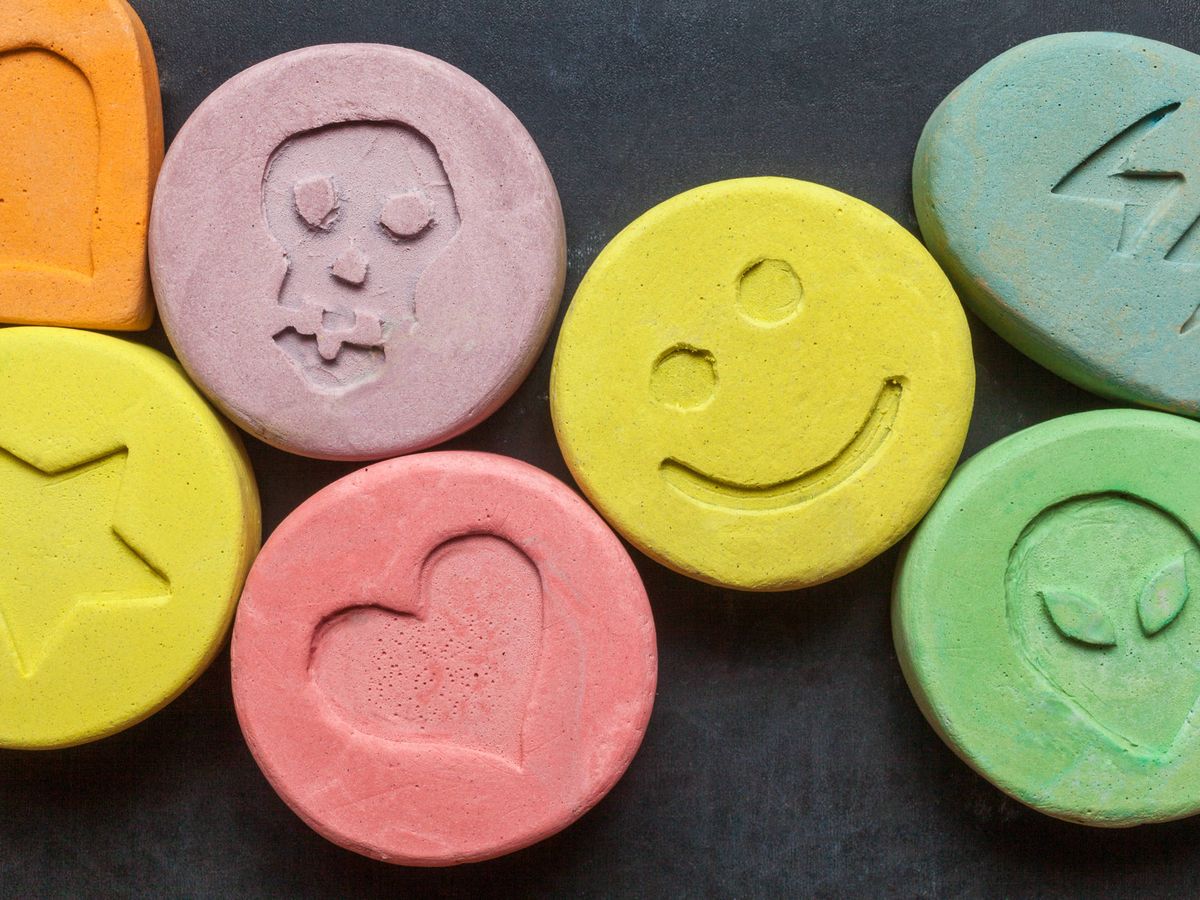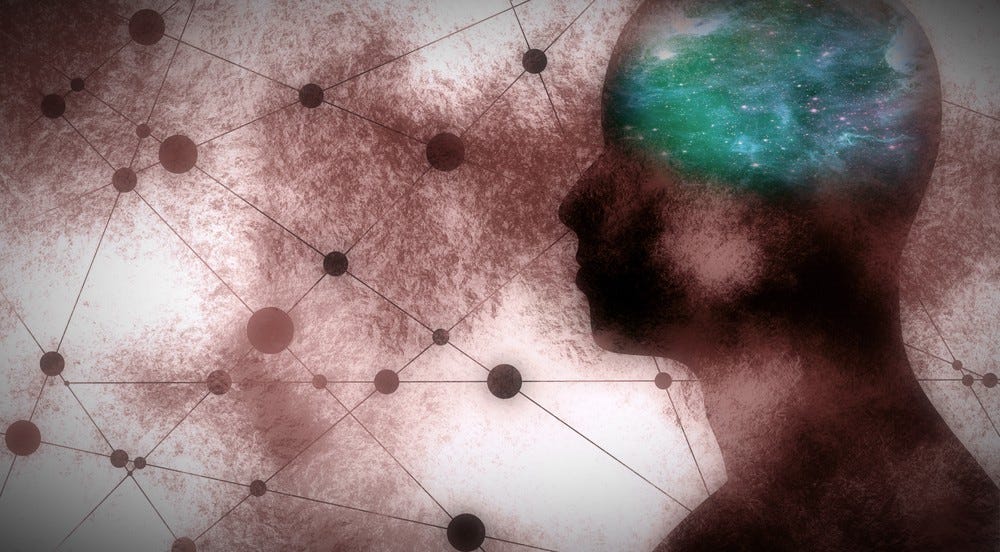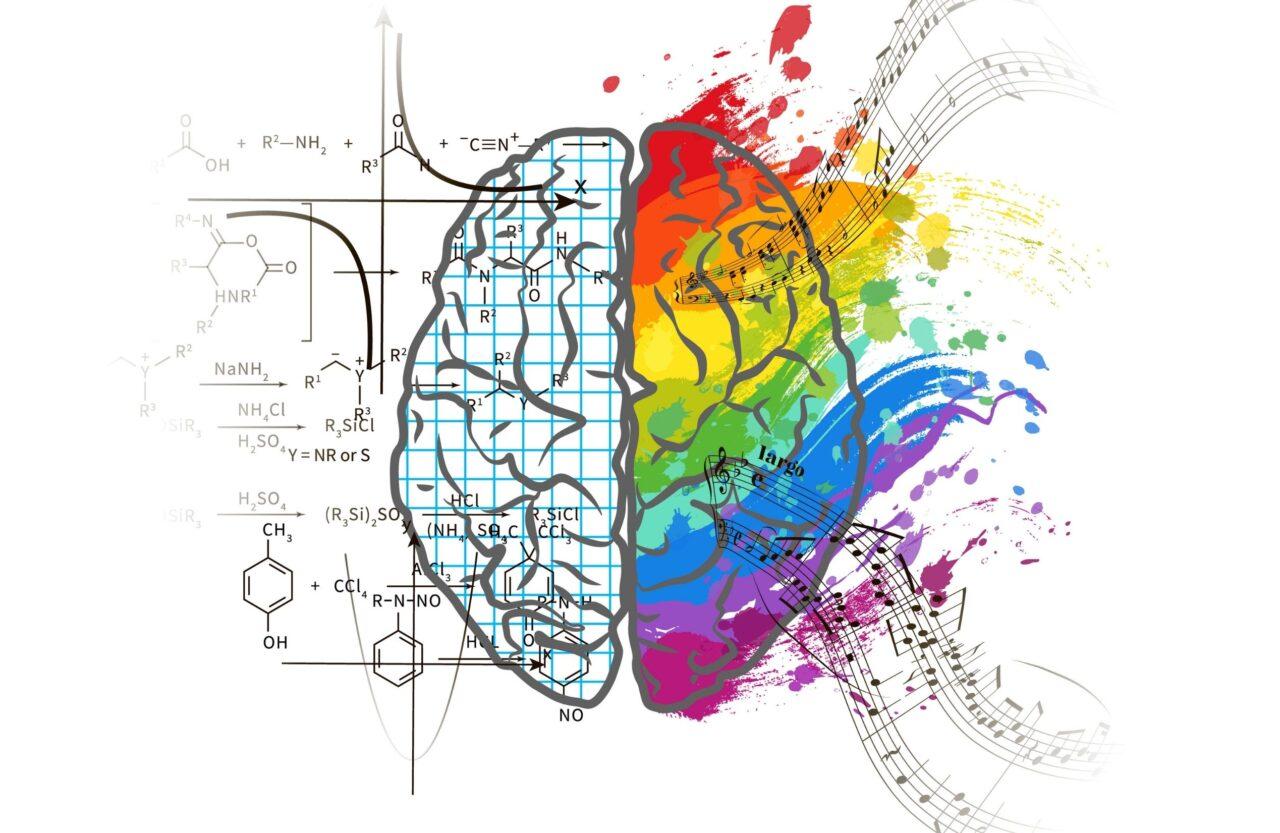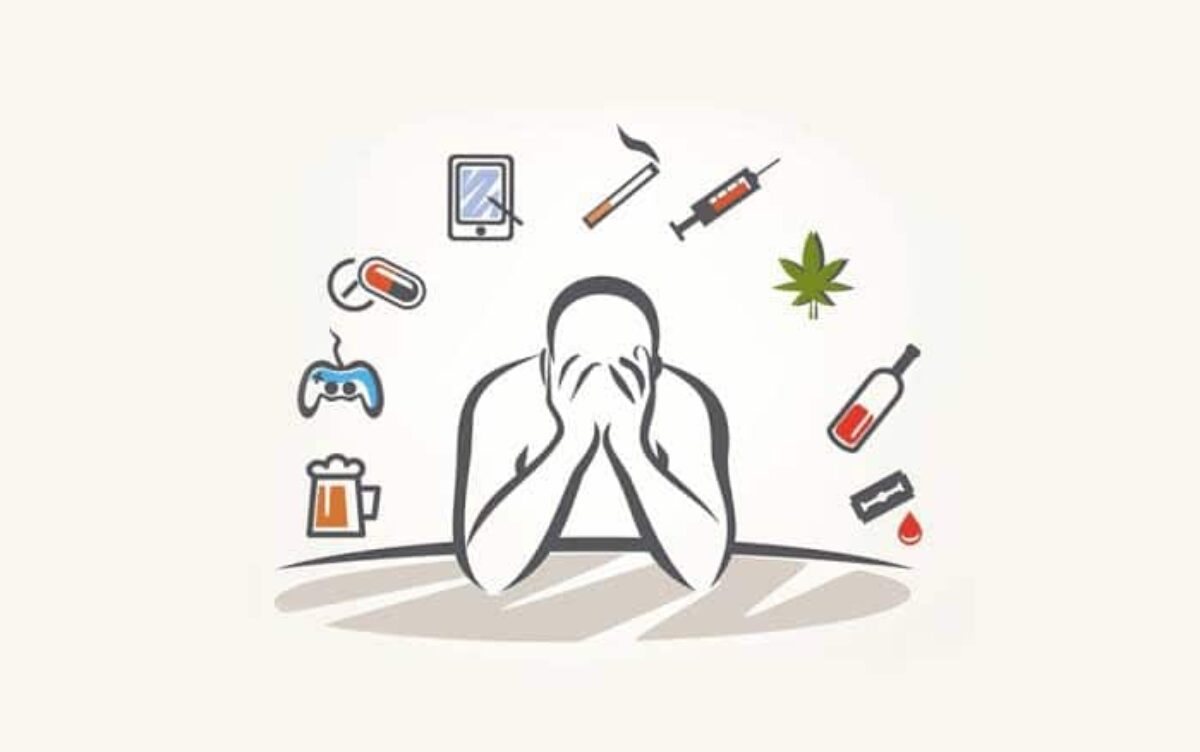At All American Detox, we understand that the journey to recovery is not only about overcoming addiction but also about receiving compassionate care and support from a dedicated team of professionals. Located in the heart of Los Angeles County, our facility prides itself on employing an experienced staff committed to providing personalized treatment to each client. This article introduces you to our remarkable team members and highlights their qualifications, roles, and the integral part they play in our clients’ recovery journeys.
The Importance of a Supportive Staff in Addiction Recovery
Addiction recovery can be a daunting process, filled with challenges and emotional turmoil. The presence of a compassionate and experienced staff can make a significant difference in a client’s journey. At All American Detox, our team is not only highly qualified but also genuinely invested in the well-being of our clients. We believe that a supportive environment fosters healing and helps clients achieve lasting recovery.
Our Philosophy: Compassionate Care
At the core of our treatment philosophy is the belief that every individual deserves respect, dignity, and personalized care. Our staff members embody these values through their interactions with clients, fostering a safe space for healing. This compassionate approach is crucial for helping clients build trust and engage fully in their recovery process.
Meet Our Team of Experts
1. Medical Professionals
Physicians and Nurse Practitioners
Our medical team consists of licensed physicians and nurse practitioners specializing in addiction medicine. They conduct thorough assessments to create individualized treatment plans that address the unique needs of each client.
2. Licensed Therapists and Counselors
Therapeutic Support
Our licensed therapists and counselors play a vital role in facilitating individual and group therapy sessions. They are trained to help clients explore the underlying issues contributing to their addiction and develop coping strategies for long-term success.
3. Recovery Coaches
Peer Support
Recovery coaches are essential in providing peer support and guidance. They have personal experience with addiction and recovery, enabling them to relate to clients on a deeper level.
4. Support Staff
Administrative and Nutritional Support
Our support staff ensures that the day-to-day operations run smoothly, allowing our clinical team to focus on client care.

The Role of Each Staff Member in Client Care
Personalized Treatment Plans
Each member of our staff contributes to the creation of personalized treatment plans. Through comprehensive assessments and ongoing evaluations, our team collaborates to ensure that clients receive the appropriate level of care throughout their journey.
Building Trust and Safety
The compassionate nature of our staff fosters an environment of trust and safety. Clients feel comfortable expressing their thoughts and feelings, which is crucial for effective treatment. Our team is trained to approach each client with empathy, allowing them to feel valued and understood.
Continuous Support
Recovery is a lifelong journey, and the support from our staff does not end when clients leave our facility. Our aftercare programs, led by our dedicated team, ensure that clients continue to receive the support they need to maintain their sobriety.
Training and Continuous Development
Commitment to Excellence
At All American Detox, we prioritize the ongoing education and training of our staff. We understand that the field of addiction treatment is constantly evolving, and our team stays updated with the latest research, therapies, and techniques. Regular workshops and training sessions are conducted to enhance the skills of our staff members, ensuring that clients receive the highest quality of care.
Collaborations with Experts
We often collaborate with leading experts in addiction recovery to provide our staff with additional training and resources. This commitment to continuous development helps us maintain our reputation as a premier detox facility in Los Angeles County.
Conclusion: Your Recovery Begins Here
At All American Detox in Los Angeles County, we take pride in our experienced and compassionate staff. Each member of our team is dedicated to providing the support, guidance, and expertise necessary to help clients overcome addiction and achieve lasting recovery. From our medical professionals to our recovery coaches, everyone plays a crucial role in creating a nurturing environment for healing.
If you or a loved one is seeking help, we invite you to reach out to us today. Let our caring team at All American Detox guide you on your path to recovery. Together, we can build a brighter, healthier future.



















